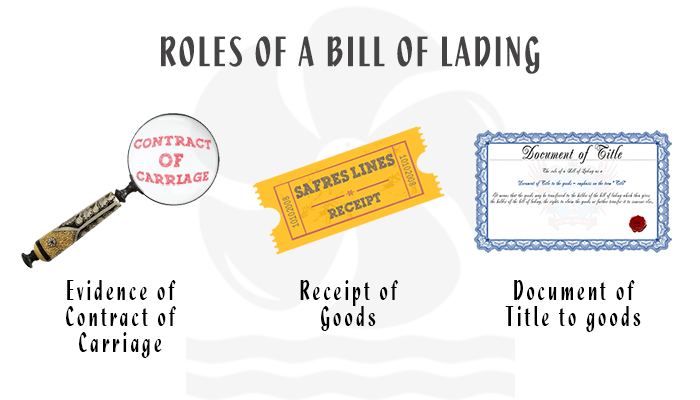
Unlocking the Importance of Bill of Lading in Shipping and Logistics
In the world of international trade and logistics, the “Bill of Lading” is a document that holds immense significance. Often abbreviated as B/L or BoL, this professional term encapsulates a critical component of the shipping and transportation process. In this article, we’ll delve into the essence of the Bill of Lading, understanding its role and the impact it has on the global movement of goods.
What is a Bill of Lading?
A Bill of Lading is a legal document issued by a carrier or a shipping company to acknowledge the receipt of goods for shipment. This document serves multiple crucial functions:
Receipt of Goods: It is the primary evidence that the carrier has received the goods from the shipper, confirming the cargo’s condition and quantity.
Contract of Carriage: The Bill of Lading outlines the terms and conditions of the transportation contract between the shipper, the carrier, and the recipient (consignee).
Title of Ownership: Depending on the type of Bill of Lading, it can serve as a title of ownership. In the case of a negotiable Bill of Lading, it can be used as collateral for financial transactions or to claim the goods upon arrival.

Types of Bill of Lading
There are several types of Bill of Lading, each with its distinct purpose:
Straight Bill of Lading: This type is non-negotiable and specifies that the goods are to be delivered to the named consignee. It’s typically used when payment has been made before the goods are released.
Order Bill of Lading: This type is negotiable, meaning it can be transferred to another party, essentially representing the title of ownership. It allows for easier trade and financing, as the goods can change hands without the need to physically inspect them.
Ocean Bill of Lading: Used in ocean freight, this document covers the movement of goods via sea, including details about the port of loading, destination, and other pertinent information.
Inland Bill of Lading: This Bill of Lading is utilized for cargo transportation within a single country, such as from a factory to a port for export.

The Significance of Bill of Lading
The Bill of Lading is a critical piece of the logistics puzzle. It provides an essential record of the transaction, offering:
- Proof of Contract: It legally defines the terms of the shipment, including obligations and responsibilities of the shipper, carrier, and recipient.
- Receipt of Goods: It certifies that the goods were received in good condition and can serve as evidence in case of disputes or damage claims.
- Ownership Transfer: In the case of negotiable Bills of Lading, it facilitates the transfer of ownership, aiding in international trade transactions and financing.
- Tracking and Tracing: It enables the tracking of shipments, offering transparency and allowing stakeholders to monitor the progress of cargo.
In conclusion, the Bill of Lading is more than just a document; it’s the cornerstone of international trade and logistics. It streamlines the movement of goods, ensures transparency and accountability, and facilitates the smooth exchange of cargo across the globe. For businesses engaged in global trade, understanding the Bill of Lading and its role is fundamental to success and efficiency in the logistics industry.
Start Your Shipping Today
sales3@radtarabar.com
info@radtarabar.com